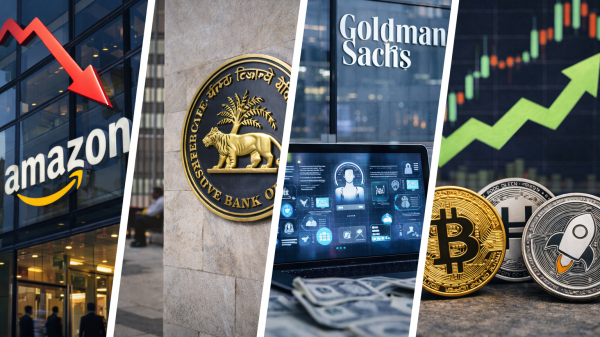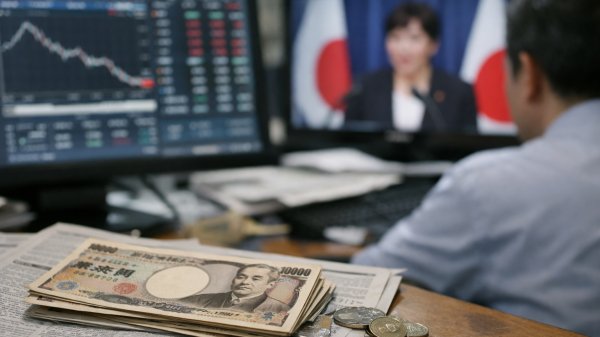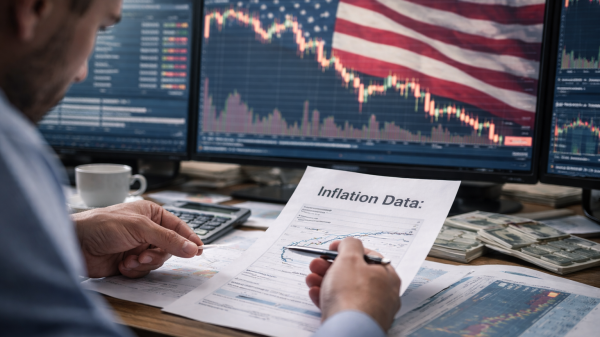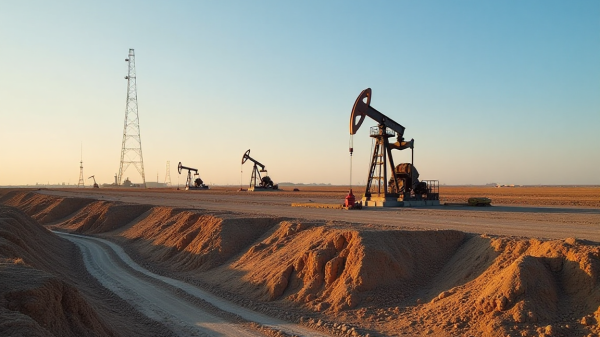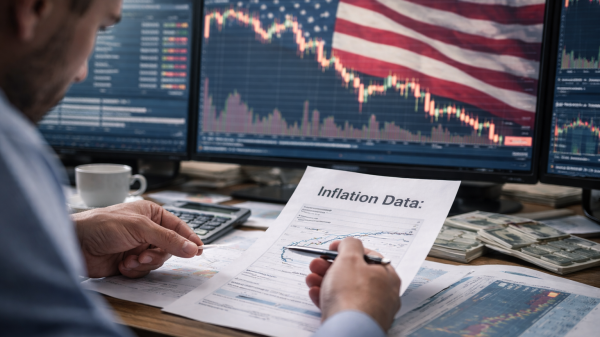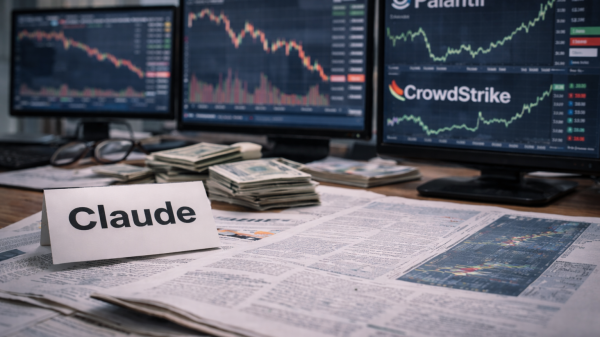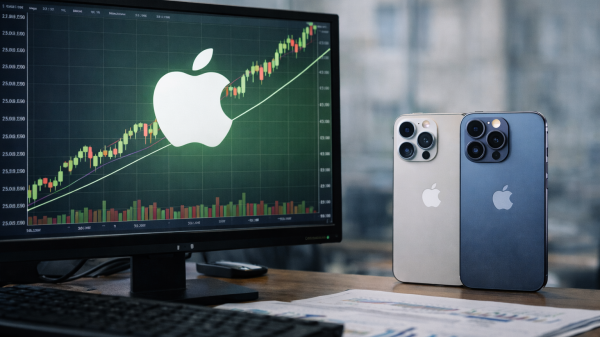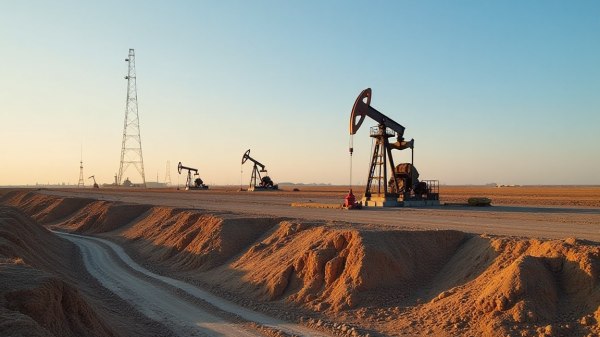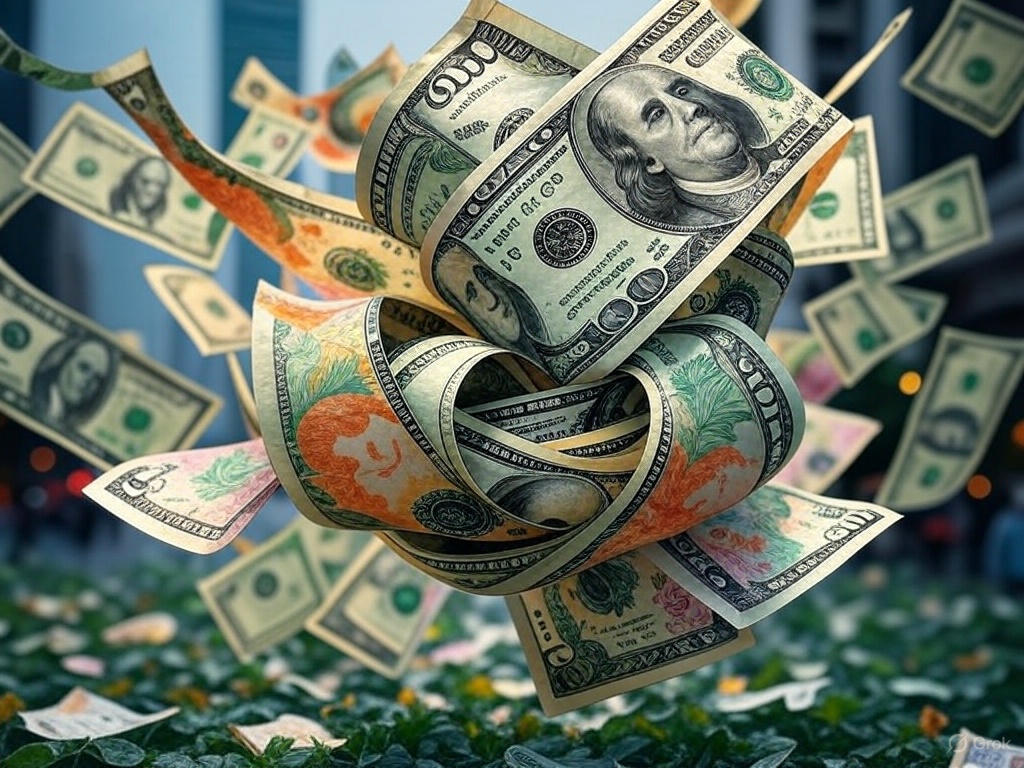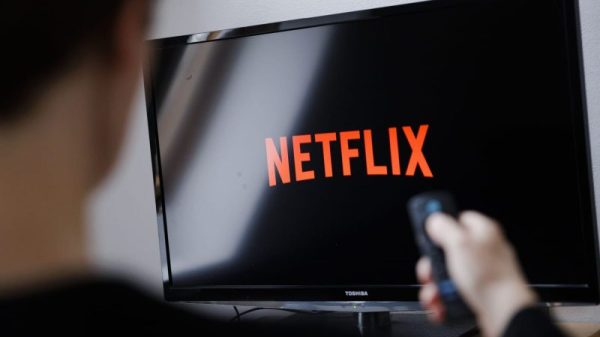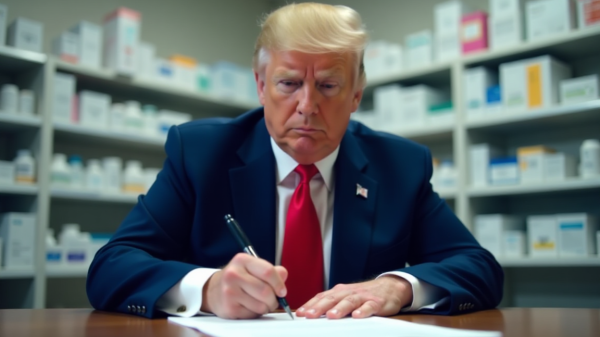Argentina’s Downtown Buenos Aires is home to a thriving underground network of cash merchants known as arbolitos.
However, their business is seeing a rapid downturn.
According to Reuters, under Argentina’s severe currency regulations, informal money dealers thrived for years, providing residents with access to US dollars as the peso’s value collapsed.
That reality is now being turned upside down by libertarian President Javier Milei’s economic shock therapy.
Milei removed most of a six-year-old system of currency controls last month, giving Argentines freer access to dollars and closing the gap between official and informal exchange rates.
This is part of a sweeping reform to stabilise an economy hurting from inflation, capital flight, and dwindling investor confidence over the years.
FX reform reduces the black market
For Argentines and enterprises, the reform has made life easier. Companies can now purchase dollars for imports straight from the official market, bypassing past bureaucratic hurdles.
Meanwhile, ordinary consumers no longer need to seek black market bargains to protect the value of their wages.
For street traders, however, the impact has been fast and unpleasant.
The black market, which has long been a part of daily life in Argentina, has seen its margins shrink as the difference between official and unofficial exchange rates narrows.
For the first time since 2019, the two rates are effectively linked, thanks to the reversal of capital curbs imposed to preserve the sinking peso.
Economists believe that this normalisation is rebuilding credibility in the financial system.
It also increases taxable economic activity because fewer people rely on off-the-books monetary transactions.
Policy wins praise from investors
Milei’s currency reform is part of a larger initiative to open up the economy and attract foreign investment.
Last month, the country signed a $20 billion contract with the International Monetary Fund, providing economic stability for a volatile nation. The ultimate goal is to eliminate capital controls.
The new deal will allow companies to repatriate profits without restrictions, a crucial breakthrough which observers say has also been welcomed by international markets.
The most important question, though, is how and where that capital will slosh through the domestic economy.
The black market continues to be in demand
However, the reforms have not helped all sectors equally. The stronger official exchange rate has made Argentina more expensive for foreign tourists, resulting in a 25% reduction in incoming tourism in the first quarter of 2025 compared to the same period the previous year.
This has lost the economy a critical source of hard currency, even as the country opens up to foreign investors.
Despite the improvements, the illicit market is not completely gone. Argentina’s significant informal workforce, which consists of workers and small business owners who operate outside of the regular tax system, continues to rely on unofficial currency exchange to move undeclared revenue or avoid inspection.
Many Argentines have traditionally switched pesos to dollars in order to protect themselves from financial turmoil.
However, in today’s economy, with stagnating earnings and growing costs, fewer individuals can afford to save, much less convert.
Wage stagnation undermines dollar demand
Inflation has slowed somewhat since Milei took office, but real wages for those in the public sector have continued to decline.
As a result, many Argentines, such as teachers and civil servants, say they can’t afford to buy dollars anymore, even if they wanted to.
And in a country of hyperinflation, where the loss of family purchasing power is displacing the US dollar as a safety tool, this is not merely a government policy but now a household-level truth.
Milei’s high-risk economic experiment has resulted in the disappearance of arbolitos from Buenos Aires pavements, potentially reshaping Argentina’s financial environment in the future.
The post Argentina’s black market for dollar falters as President Milei dismantles currency controls appeared first on Invezz


